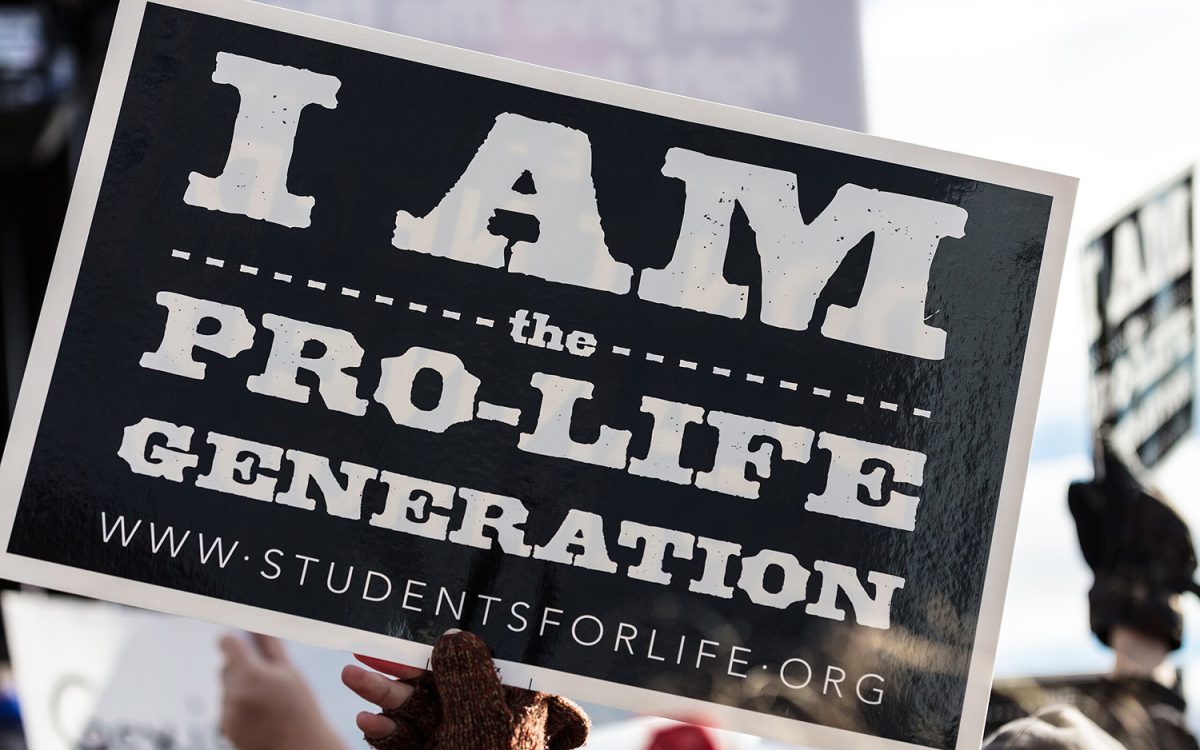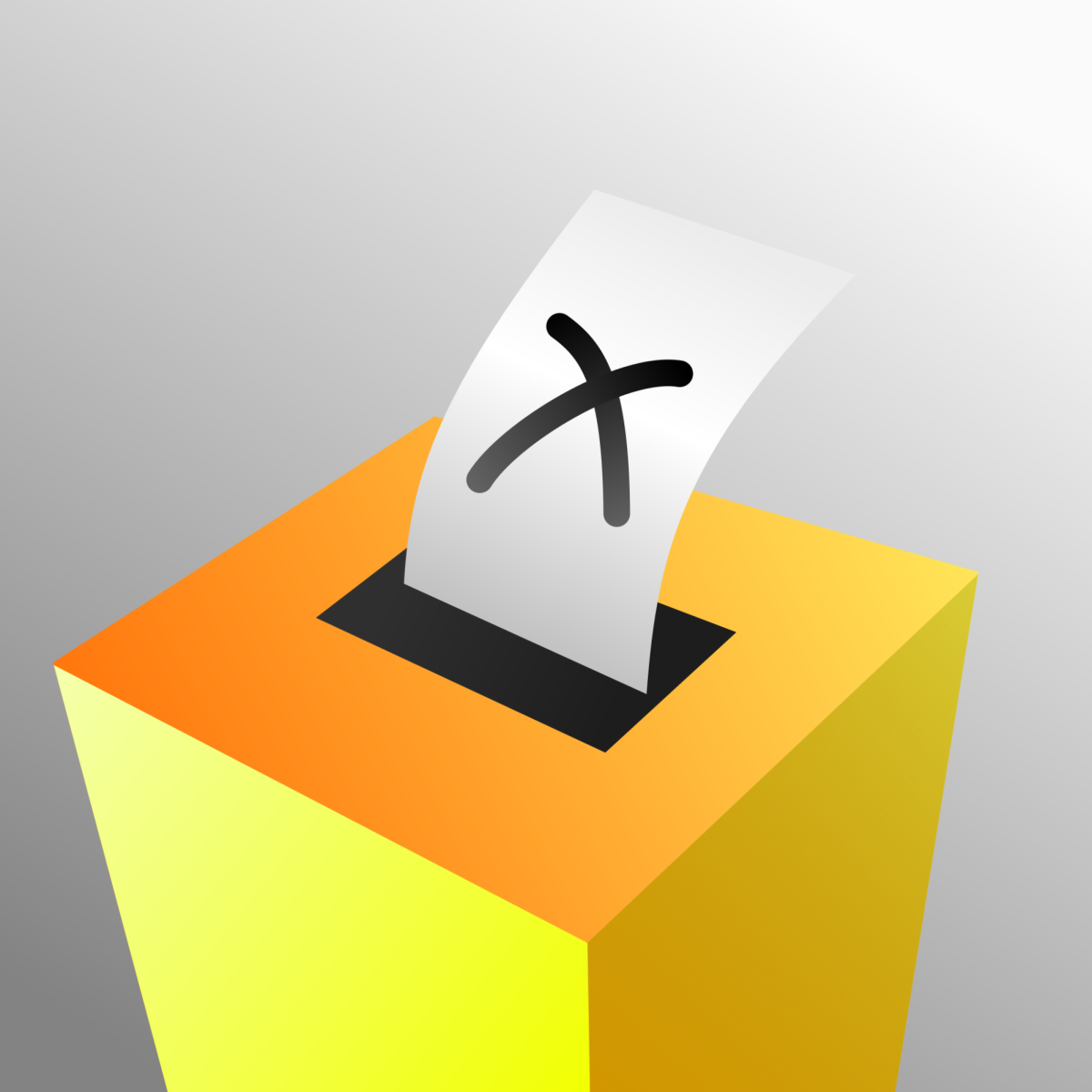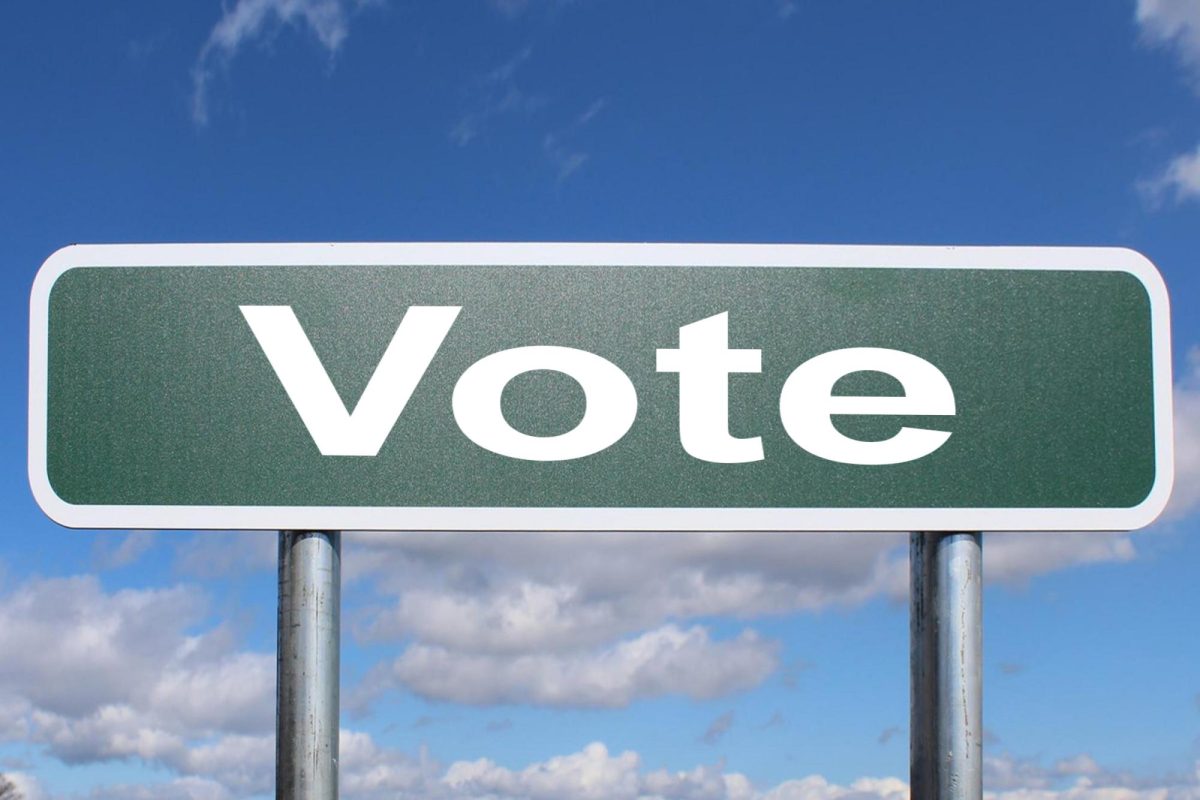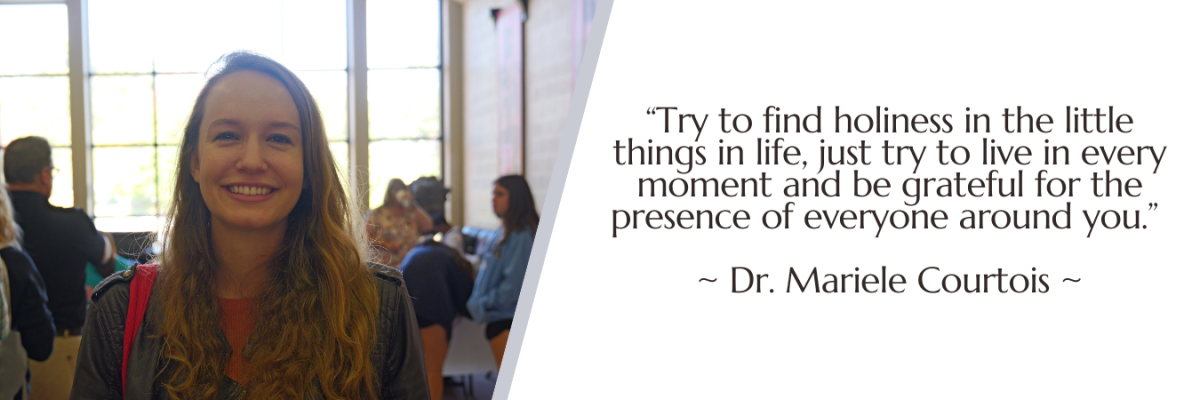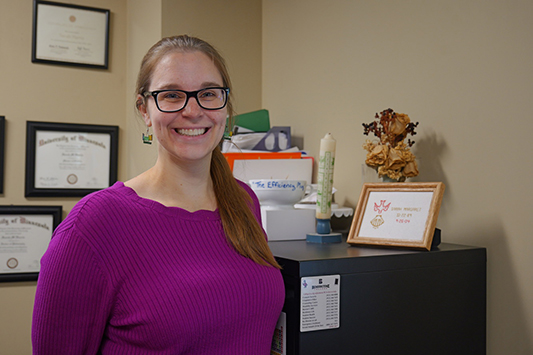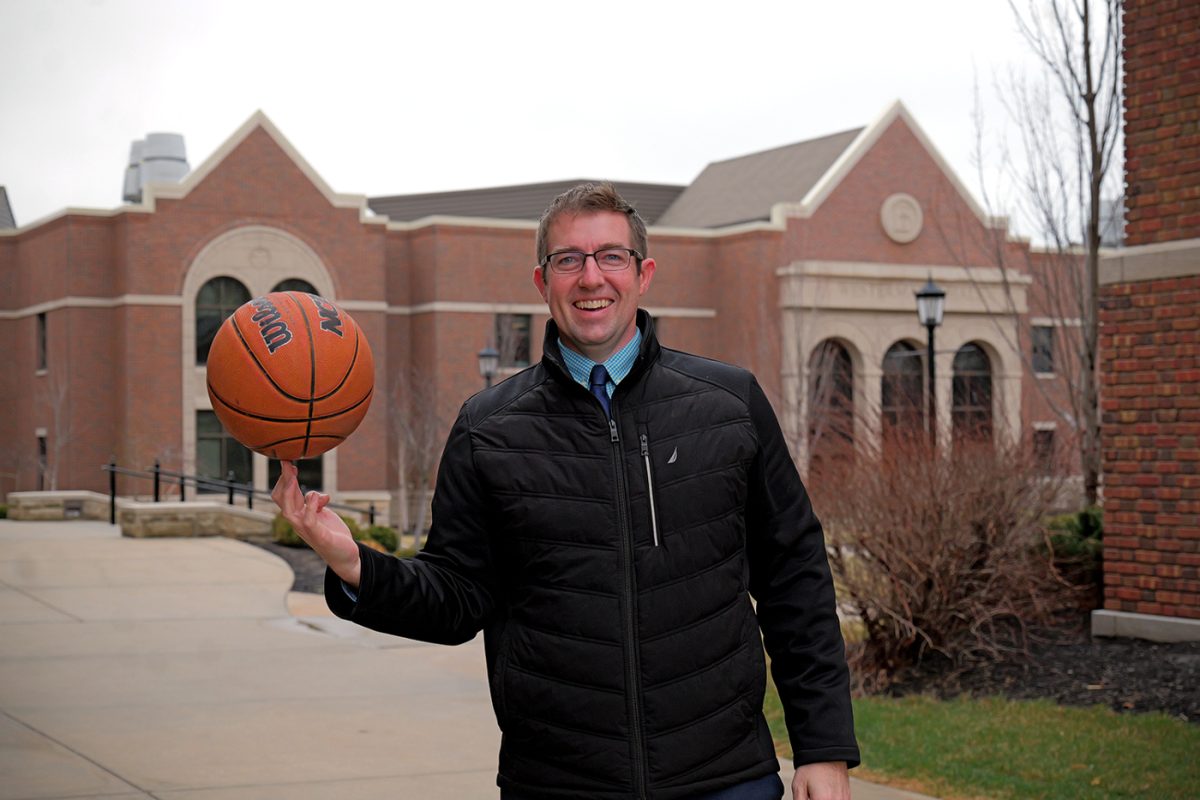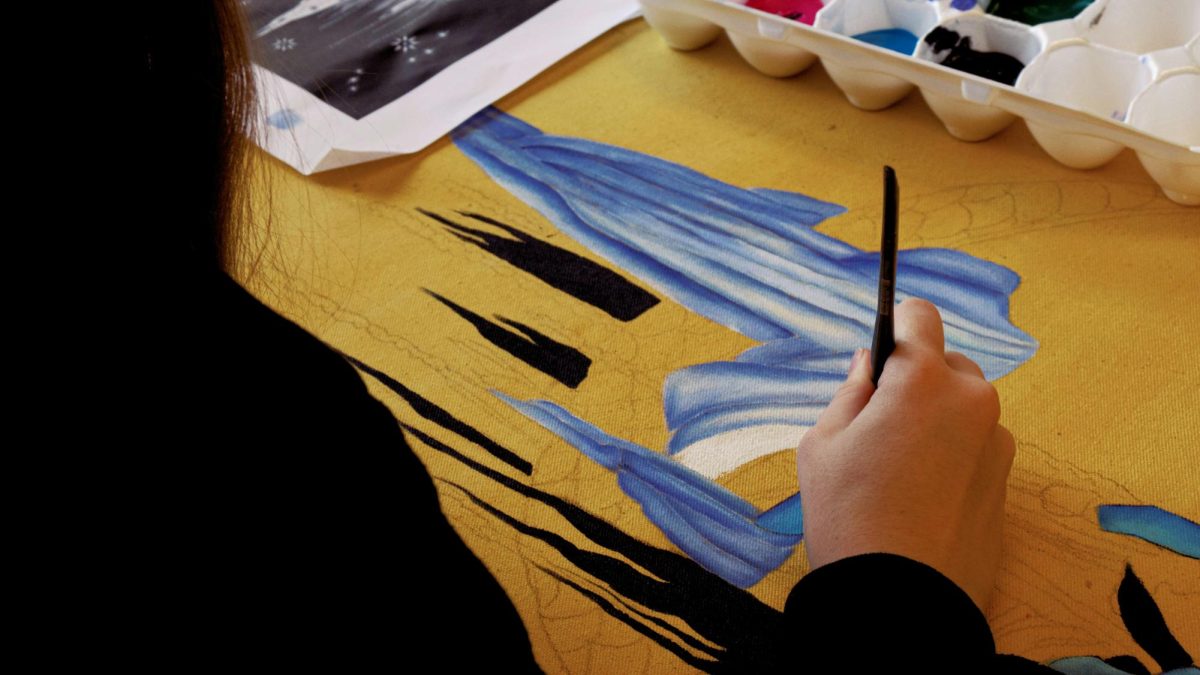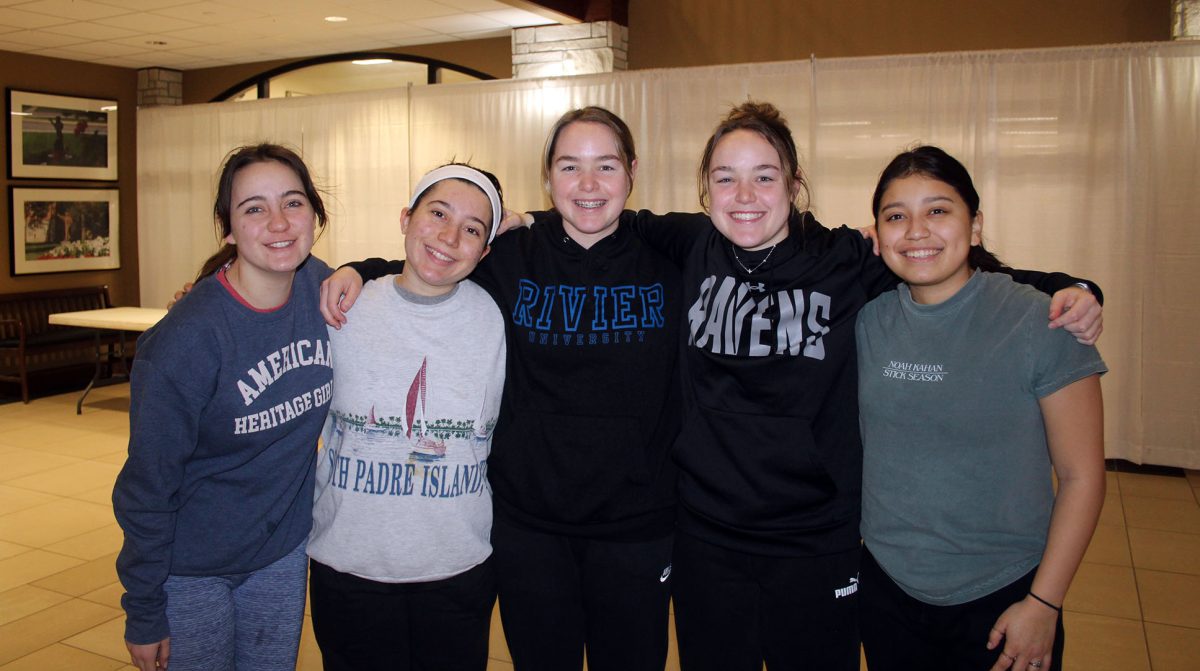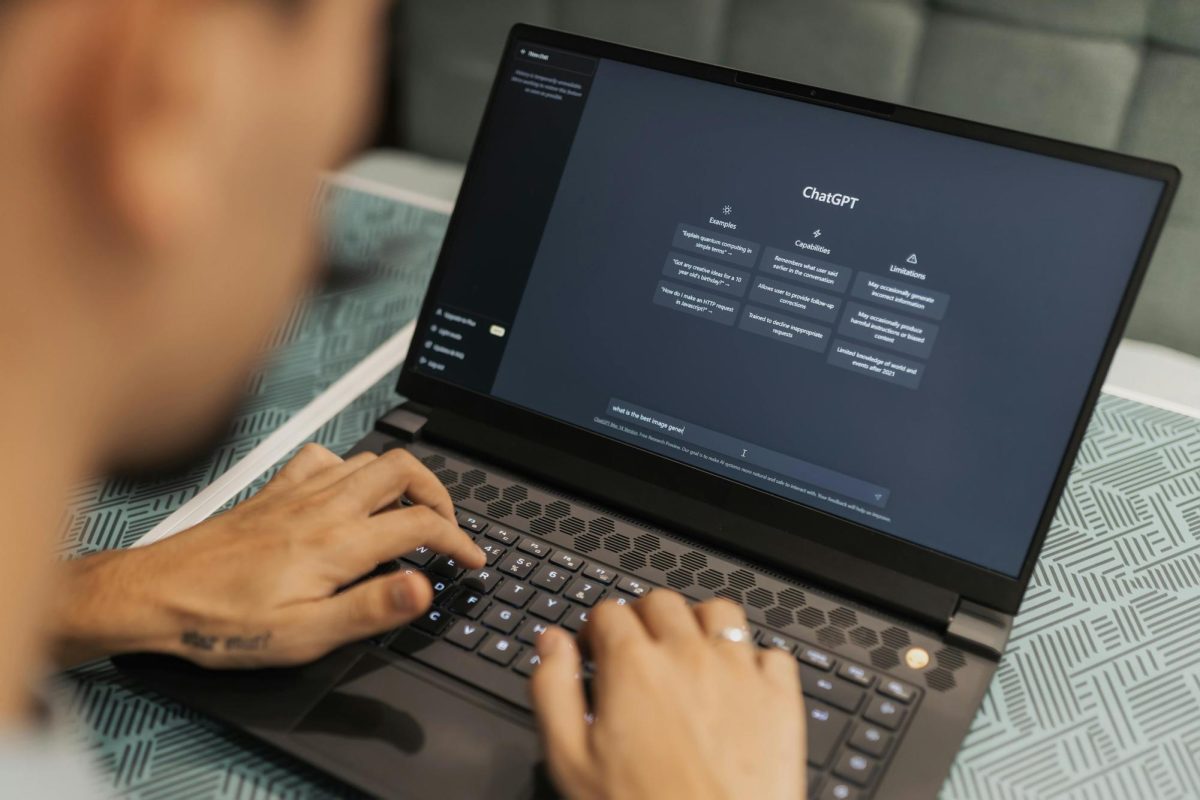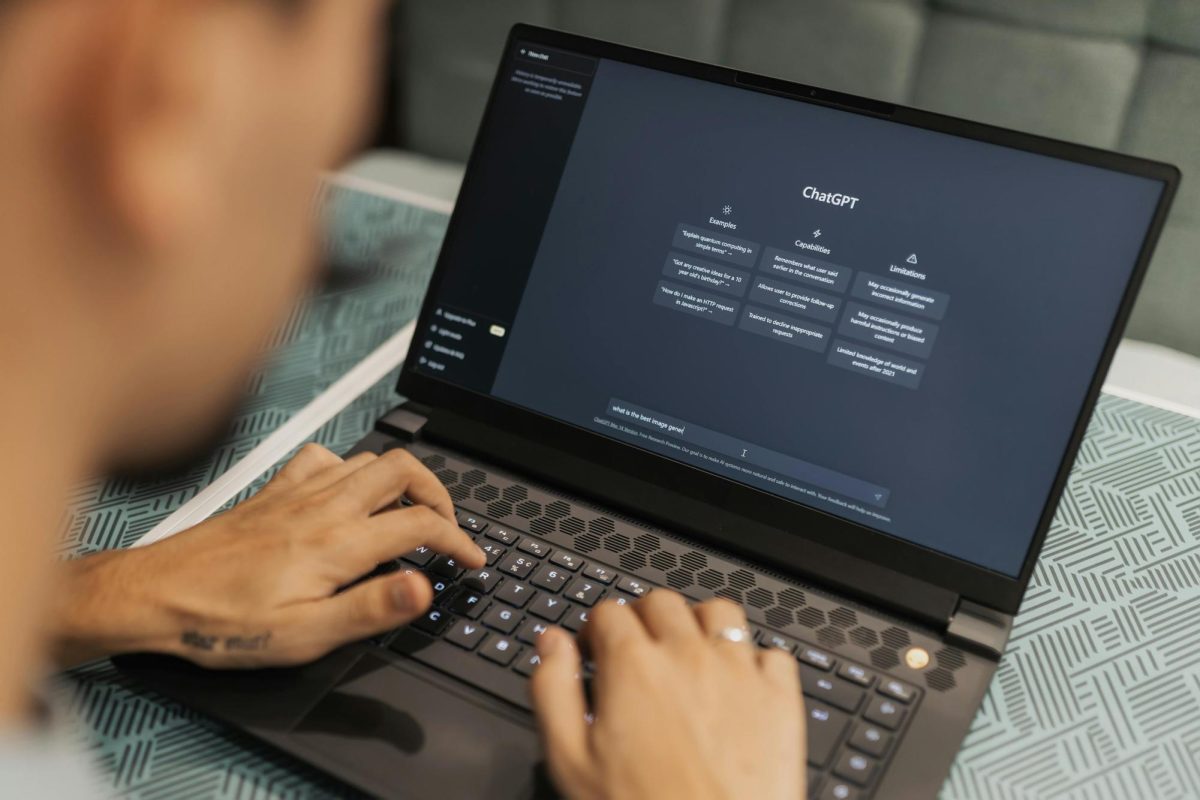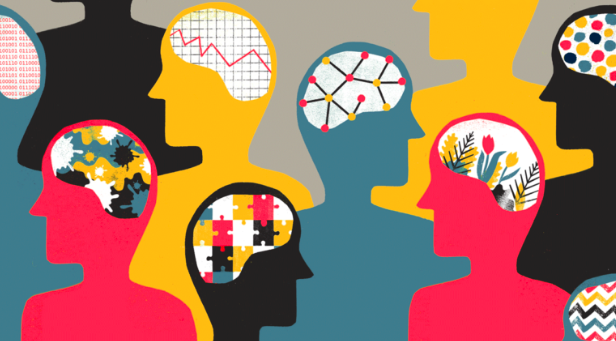Mental health in the United States has often been a topic of discussion in society. But since the stay-at-home orders across the country has been put in place, the topic has seemingly become even more of a concern as citizens find themselves isolated during the current pandemic.
In late February, the spread of the COVID-19 virus began to slowly spread in the US. During March, the country slowly grew quieter due to stay-at-home orders went into effect.
The “Disaster Distress Helpline” at the Substance Abuse and Mental Health Services Administration (SAMHSA) saw 338% more calls in March compared to February.
Dr. Eva Chian-Hui Chen, psychology professor at Benedictine College, says it is no surprise that the helpline calls have increased in these uncertain times and sees the numbers increasing more.
“I have some friends who are clinical psychologists,” Chen said. “They are providing therapy to clients virtually, and many clients have canceled their appointments because some of the clients feel they don’t have time. They cannot pay to continue the therapy.”
Benedictine College Counseling Director,Grace Mulcahy, says it is important to see our needs for human connection and being intentional with it daily.
“We are made to live in community with each other,” Mulcahy said. “As I’m providing online counseling right now, this is a common theme that has come up, discussing how to adapt socially and how to meet our need for connection.”
Video apps such as Zoom or FaceTime have been a way to help others to connect on a screen, having that opportunity to share life with others in face-to-face conversation.
Mulcahy says watching the news, especially too much of it, can cause an increase of mental health issues, especially during this time when others want to stay informed.
“Sometimes we think that the more information we have about something that troubles us the better we will feel, but that is not necessarily the case,” Mulcahy said. “I have been having discussions with many students lately around setting boundaries with media and news coverage.”
Information overload, with many opinions toward a story can cause viewers to be emotionally overwhelmed and anxious, which is why using critical thinking skills should be practiced during this time, according to Dr. Chen.
“[I] think this is a good way for students to practice having a critical mind,” Chen said. “We have a lot of news sources, and if they want to, can share their opinions, but what would you take? What would you disagree with?”
The need to personally critique ourselves and finding ways to overcome any mental health issues that may come along the way is important, according to both of these professionals.
Addressing Mental Health at Home
Eating right, exercising, getting 7-8 hours of sleep, and keeping in touch with others are some of the basic ways that can benefit us mentally, according to Chen. She adds that setting a routine is probably one of the best ways to help cope with mental health issues in general.
“When you have a routine and then you follow that, you know what to expect,” Chen said. “When you are more relaxed, you experience more positive emotion.”
Chen recommends making a list of things that are needed to get done (work, studies, etc.) and things you want to fit in your day can bring more clarity to the mind. Writing things down and checking them off can be a good way to mentally help you to relax as well.
Mulcahy sees how reflecting upon ourselves and addressing certain areas of our life that might need some extra attention is also an important key thing to remember when assessing our psychological needs.
“Identify your needs and problem-solve,” Mulcahy said. “Are you feeling isolated? Are you feeling stress from online classes? Once you can name the problem you can work to resolve it.”
Mulcahy wants to reassure others that having strong and difficult emotions in times like these are normal. It’s important though to not let the emotions dominate your behavior or choices.
If you are also looking for any online resources, there are apps such as Moodfit, CALM, Headspace and others that can benefit mental health.
Benedictine College Students can also look at resources listed on the website.
Free and confidential counseling services are also available for the students through May 13th through a confidential tele-health video chat platform. More information is on the webpage.
Resources and additional information:
- The 24-hour National Suicide Prevention Lifeline (800)-273-8255
- Crisis text line: Text HOME to 741741
- For the report on increased helpline calls
- Regarding zoom call increases
- Regarding Mulcahy discussing an overload of news causing anxiety/mental health issues












